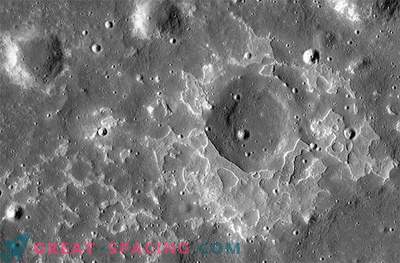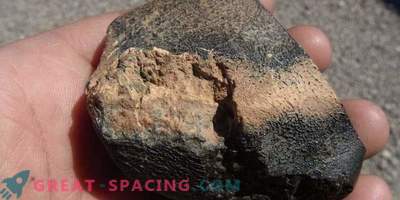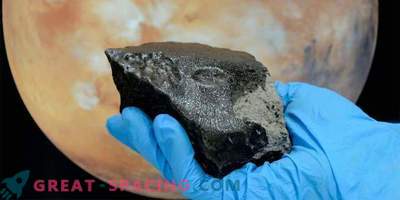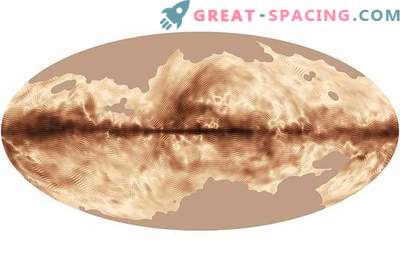
Last week, a team of researchers, using the now-dead Venus Express, showed hot spots on the surface of the planet, with temperatures reaching several hundred degrees. Their conjecture about the cause of these outbreaks was the eruption of lava from active volcanoes.
We all know that Venus is a hellish world that killed several Soviet descent vehicles within minutes. The average surface temperature of this planet can easily melt lead. But even on the surface, trapped in the greenhouse effect, there is a selection of hot spots. So what do we know about the volcanoes on Venus?
Pictures of the latest lava flows were first published in 2010, when data from the Venus Express were compared with those taken by the old NASA Magellan spacecraft. Scientists saw compositional differences in the area saturated with lava compared to what was around it - in particular, the presence of minerals that are abundantly present in lava on Earth.
The word "last", however, is a relative concept here, which may mean hundreds of years ago, or millions. Let us show this on the example of the fact that the Venus Express saw the ship on the Idunn Mons volcanic peak. More concrete evidence came in 2012, when scientists reported sulfur dioxide jumps marked by Venus Express after six years of operation. This gas is generated by volcanoes, and this is another confirmation of the wakefulness of volcanoes. Why is the study of volcanoes so important? One of the reasons is that they show what is happening inside the planet. And what we already know shows us that Venus was or is even now extremely active. The planet has more than 1600 large volcanoes or volcanic possibilities, and quite a few smaller ones.
But the plate tectonics, it seems, is not too mobile. On Earth, colliding tectonic plates create volcanic activity. But the chains of volcanoes, as well as faults on our planet, have no analogues on Venus.
Venus volcanoes are mainly of the same type: liquid lava flows. You will not see, for example, ash volcanoes, like on Earth. Causes can include high pressure on the surface (which causes volcanoes to erupt), and the fact that there is no water on Venus. Water is actively involved in volcanic explosions on Earth, which is not surprising, since it is present in abundance on our planet.
A detailed study of the volcanoes of Venus is likely to require a long-term mission, but, unfortunately, this is still not known. The United States is going to examine in more detail the composition of the atmosphere of Venus in order to get clues about the structure of this planet. There are also unverified data in the Venus Express archive, which can tell more when researchers have the opportunity to reach it.











































